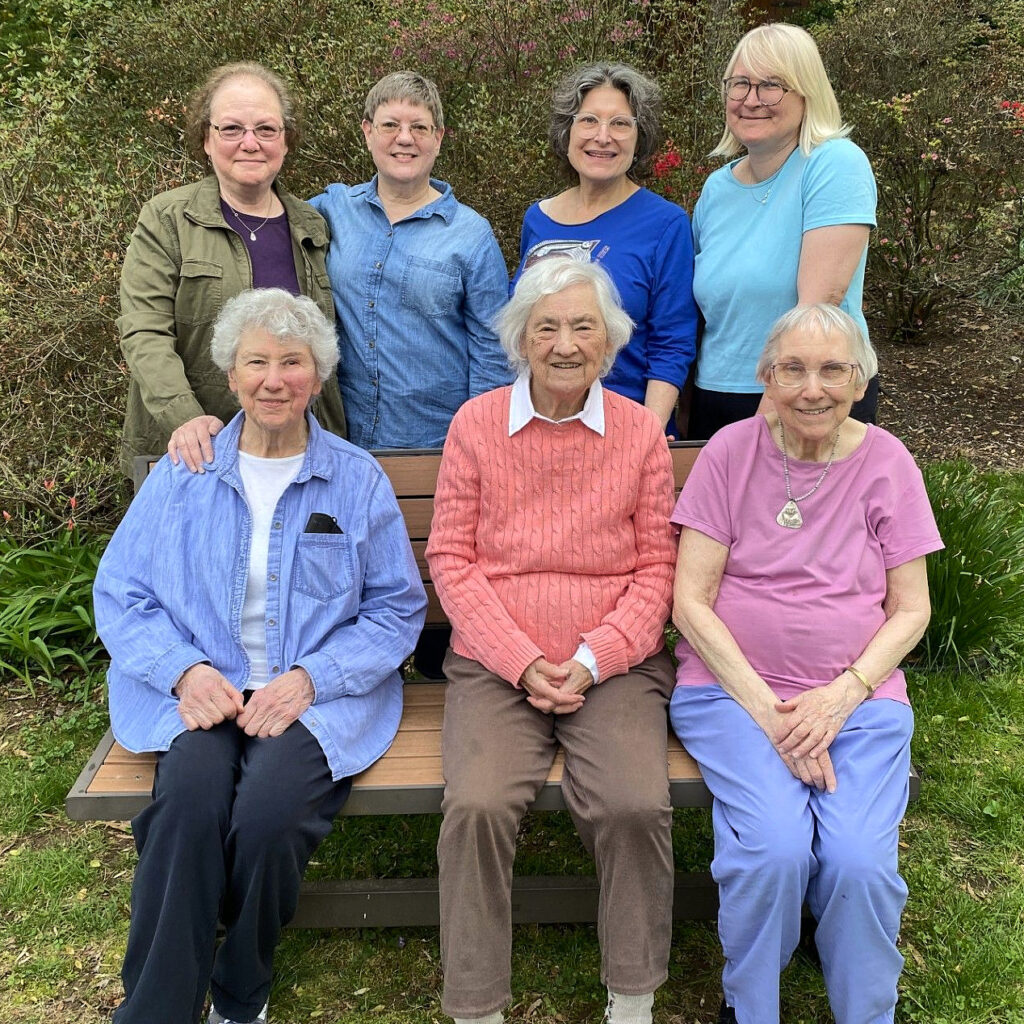At the June 9 Greenbelt City Council worksession, after an update from all of the city’s advisory groups (see article on page 6), there was a discussion about the operating process of these groups and how the city could best aid them to enhance their efficiency in providing the valuable guidance each one offers both council and the city.
Prior to this, former councilmember and resident Konrad Herling urged council to be aware of a prevailing sentiment among many of the city’s African American residents. Many feel a limited access to many of the city’s offerings, such as transportation, recreation, the arts and education. The high cost of housing was also cited, he said. Herling said he gathered this information as part of his efforts with the Reparations Commission.
Collaboration Needed
Several on council remarked that there should be more collaboration among advisory groups, as many have agendas that overlap and address a wide variety of issues.
Many of the advisory groups felt a need for a clear and easily accessible record of the status of all of the referrals that these groups provide on a regular basis. Council was amenable to this, with many at the meeting hoping that the city’s upcoming new website could have such a listing.
The consensus of the groups was that each one would greatly benefit from an internal and frequently updated list of the contact information of each group’s members. All agreed that this should only be shared by the group, with a general city email address being available for the public.
When asked by council how chairs are appointed, the common response was that the job usually falls upon the person most willing to take it on. Most reported that there wasn’t a precise instruction on the process.
Inactive Members
Attendance was a serious issue for the groups. Nearly all stated that, at some point, there were members who appeared at meetings infrequently, or not at all, with no explanation. This makes achieving a quorum difficult, affecting each group’s ability to provide reports. The representatives reported a sense of frustration when they would receive a reappointment letter for such a recalcitrant member, leading to the chairs all wishing to be part of the reappointment process.
There was an acknowledgement that health issues are a valid reason for absences and that each member must be judged individually on how they participate, as each one has a unique circumstance or skill set. There was also a general feeling among all present that there should be a policy concerning the mandatory level of attendance and participation.
Council advised the groups to be more forthcoming on reporting chronic absences to them and their staff liaisons as a solution for this problem, making the removing of delinquent members more immediate. Some groups had bylaws in place for this instance, but this was not universal.
Duties and Procedures
Laura Kressler, representing the Public Safety Advisory Committee, said that it would be very helpful to each new chair for there to be a clear document, laying out the duties for the position and the correct procedure for submitting feedback to council.
Ben Friedman, chair of the Advisory Planning Board (APB), expressed the need for council to make appointments that provided the most valuable skills each group needs. Mayor Emmett Jordan responded that council makes choices from a variety of criteria, such as interest, abilities, geographic location and diversity. APB member J Davis added that in recent years the number of applicants has greatly decreased, which makes being more selective less of an option.
Jordan made a general request to all the chairs to share with council a summation of their operating processes. He felt there was a need to develop a general system that all groups could follow, along with an ability for each group to function in a way that works best for it.


